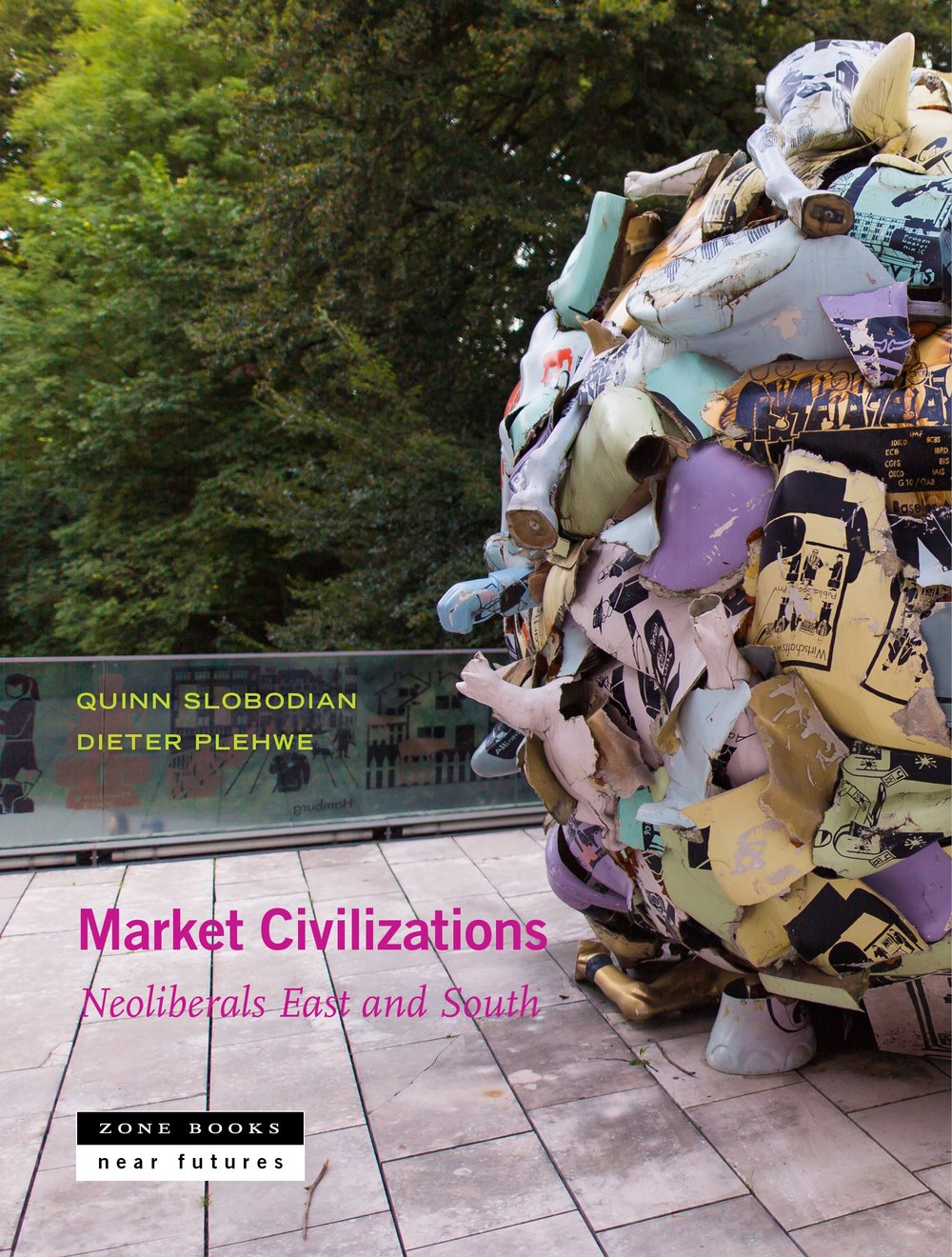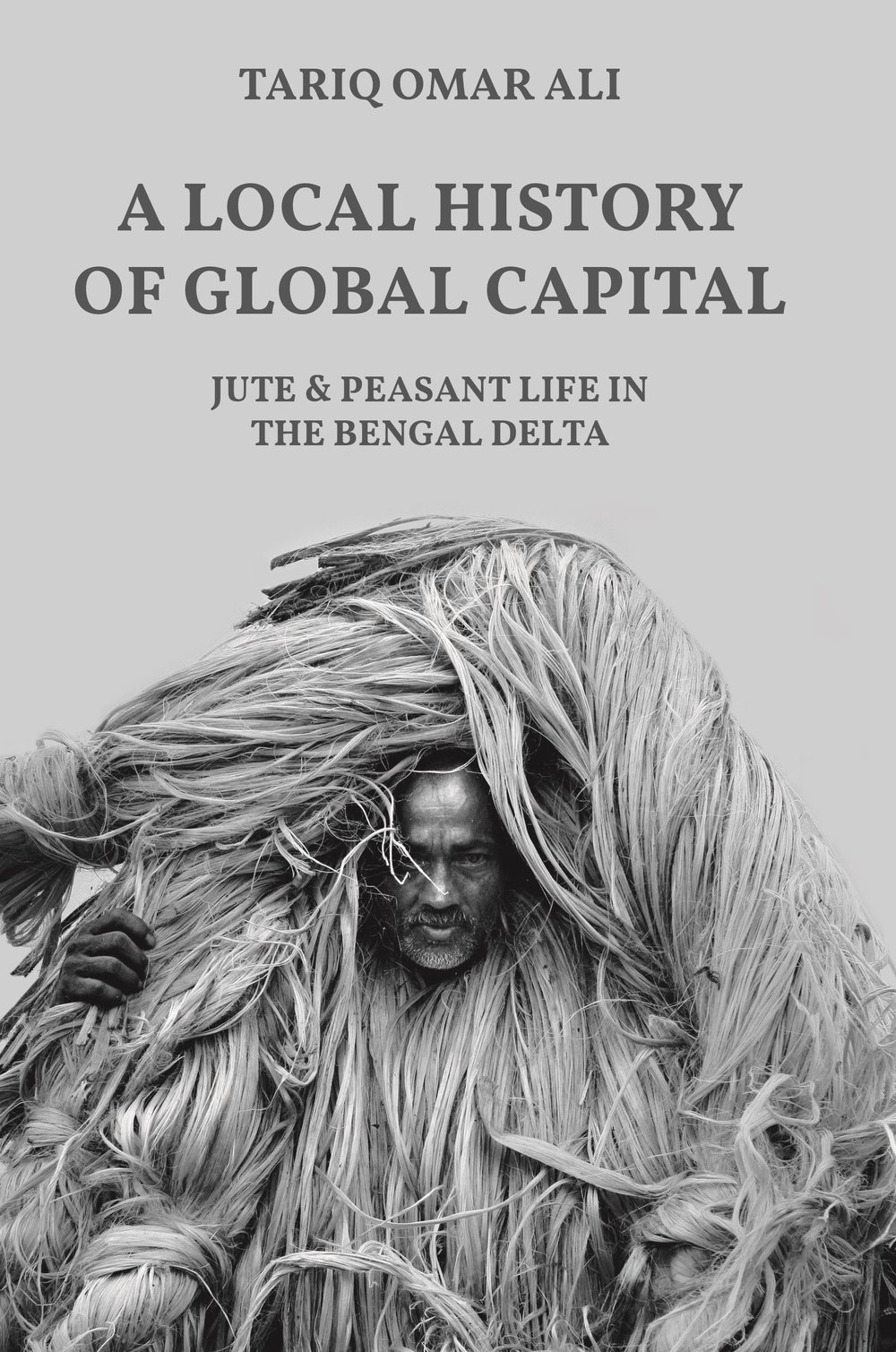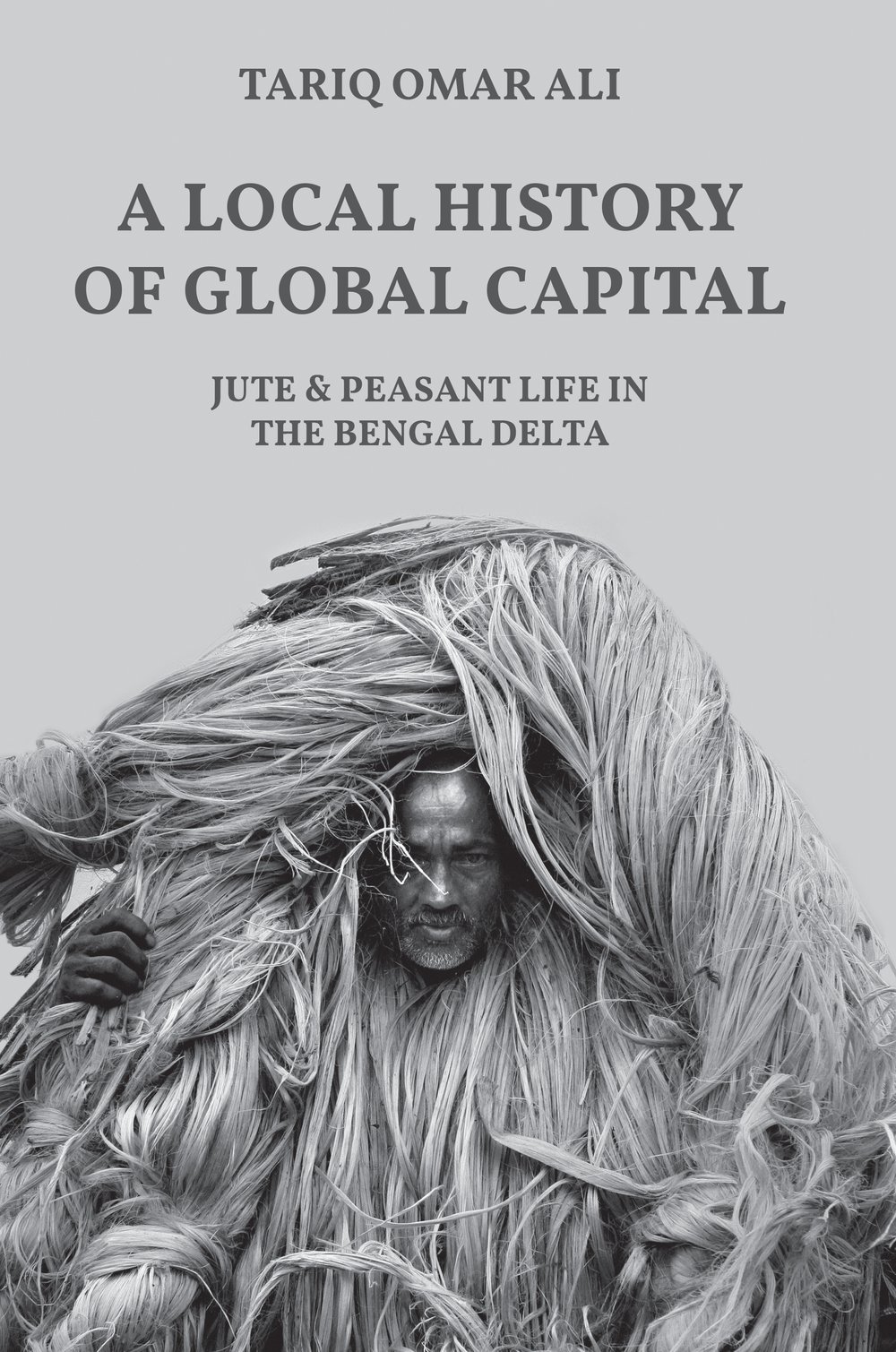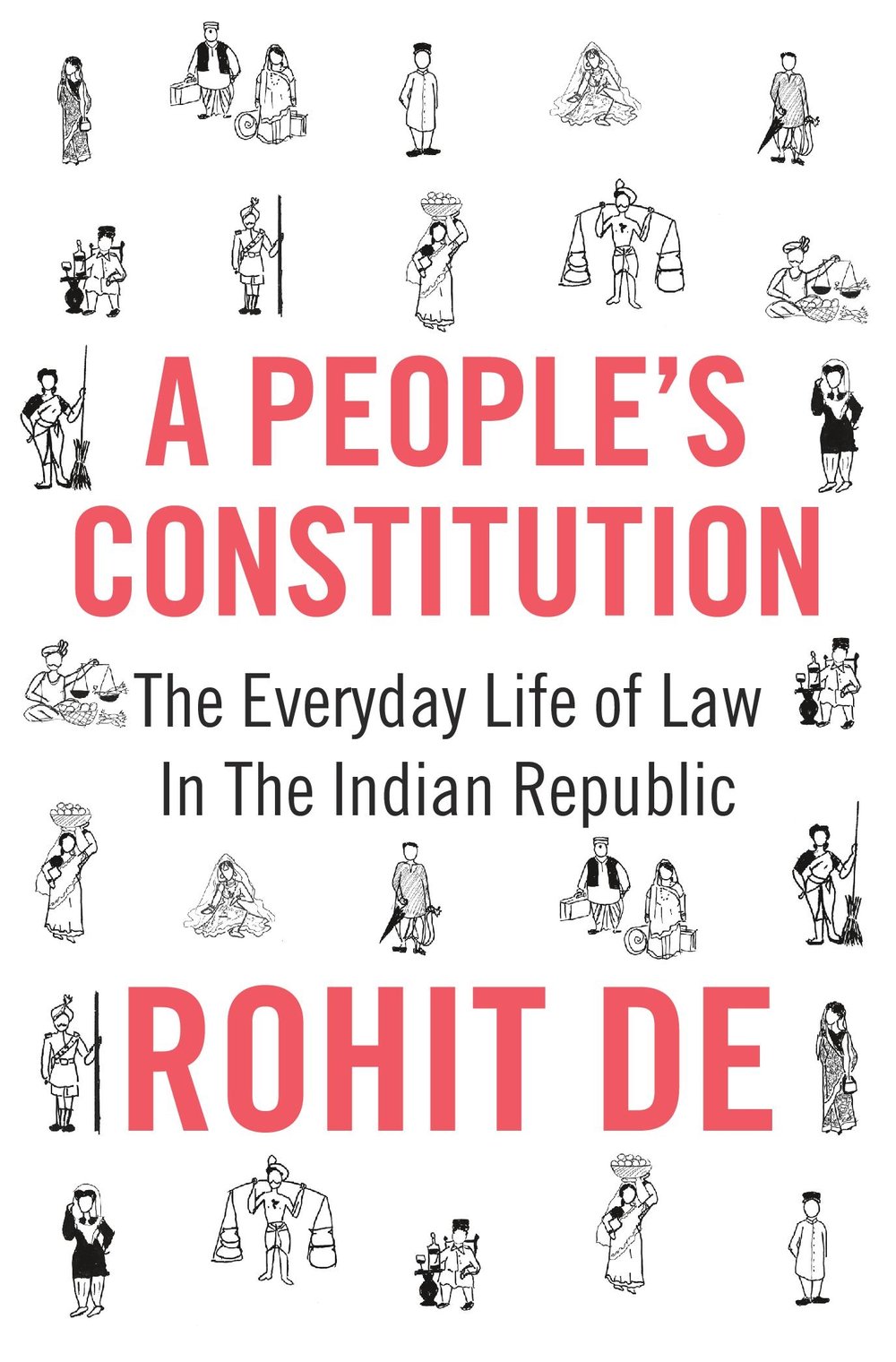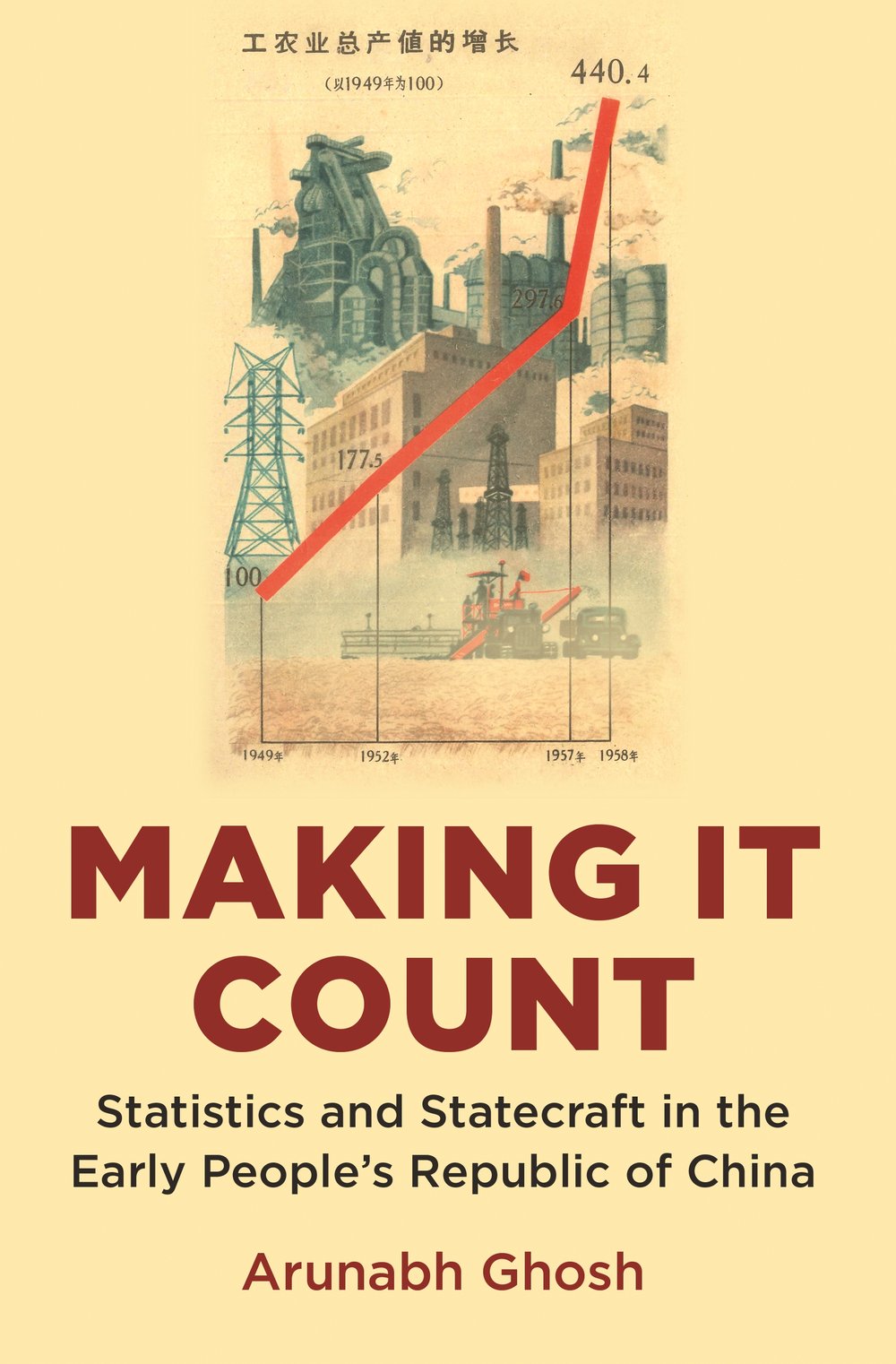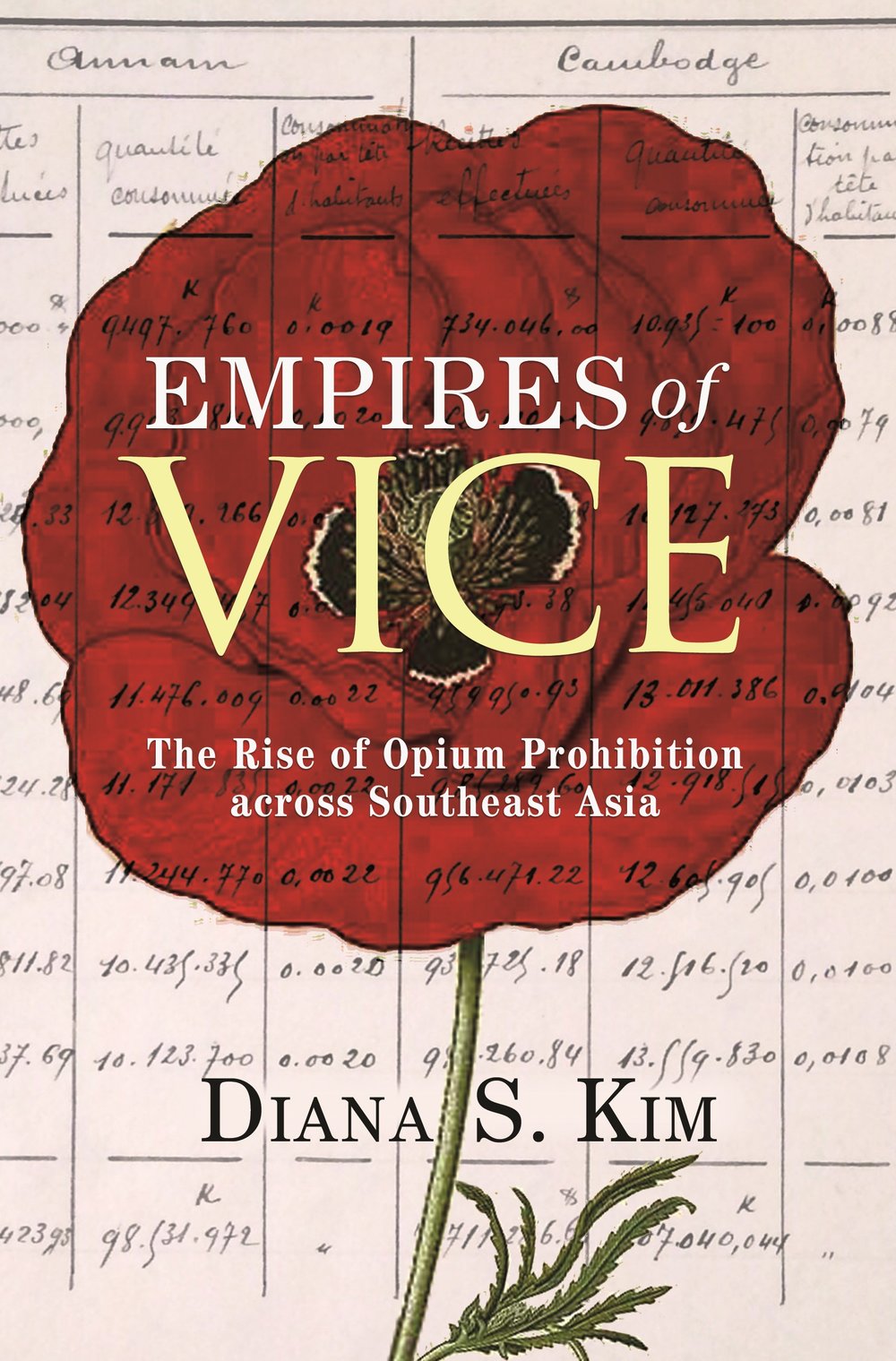Toward a Free Economy
Swatantra and Opposition Politics in Democratic India

The unknown history of economic conservatism in India after independence
Neoliberalism is routinely characterized as an antidemocratic, expert-driven project aimed at insulating markets from politics, devised in the North Atlantic and projected on the rest of the world. Revising this understanding, Toward a Free Economy shows how economic conservatism emerged and was disseminated in a postcolonial society consistent with the logic of democracy.
Twelve years after the British left India, a Swatantra (“Freedom”) Party came to life. It encouraged Indians to break with the Indian National Congress Party, which spearheaded the anticolonial nationalist movement and now dominated Indian democracy. Rejecting Congress’s heavy-industrial developmental state and the accompanying rhetoric of socialism, Swatantra promised “free economy” through its project of opposition politics.
As it circulated across various genres, “free economy” took on meanings that varied by region and language, caste and class, and won diverse advocates. These articulations, informed by but distinct from neoliberalism, came chiefly from communities in southern and western India as they embraced new forms of entrepreneurial activity. At their core, they connoted anticommunism, unfettered private economic activity, decentralized development, and the defense of private property.
Opposition politics encompassed ideas and practice. Swatantra’s leaders imagined a conservative alternative to a progressive dominant party in a two-party system. They communicated ideas and mobilized people around such issues as inflation, taxation, and property. And they made creative use of India’s institutions to bring checks and balances to the political system.
Democracy’s persistence in India is uncommon among postcolonial societies. By excavating a perspective of how Indians made and understood their own democracy and economy, Aditya Balasubramanian broadens our picture of neoliberalism, democracy, and the postcolonial world.
‘Recommended and long overdue.’ — Tyler Cowen, Marginal Revolution
‘One of the most comprehensive accounts of opposition politics as carried by key individuals and organisations, their initiatives, and its impact...Within economics, economic history and history of economic thought are two separate disciplines. [Toward a Free Economy] traverses both and goes beyond in its effort to tell the story of India’s opposition in its early days. The book lays down a fertile ground for future researchers to further explore.’ — Kumar Anand, The Hindu
‘Exhaustively researched.’ — Archis Mohan, Business Standard
‘An instant classic.’ — Sanjeet Kashyap, Australian Outlook
‘Toward a Free Economy is a brilliant history of economic ideas in independent India. It provides a new view of the origins of conservatism in Indian politics, libertarian rather than authoritarian and committed to free markets rather than to Hindu nationalism, which should make a big difference.’ — Amartya Sen, Harvard University

Aditya Balasubramanian is lecturer in economic history at the Australian National University.

